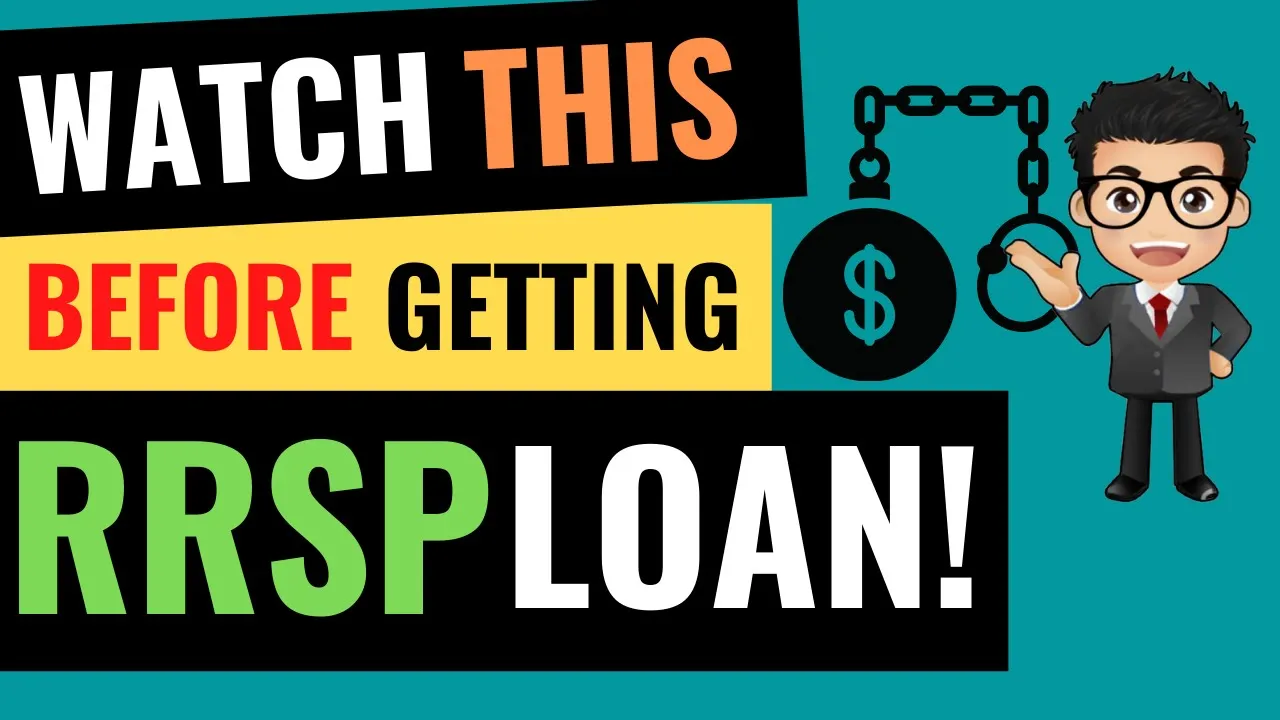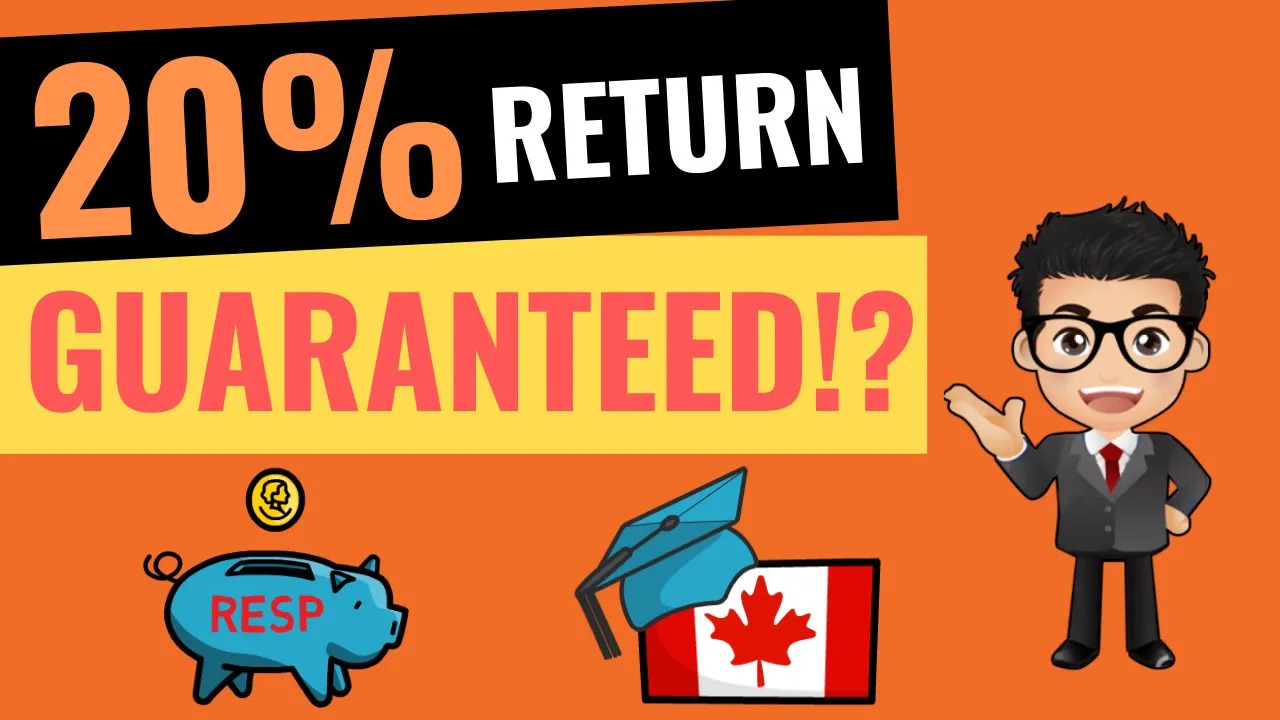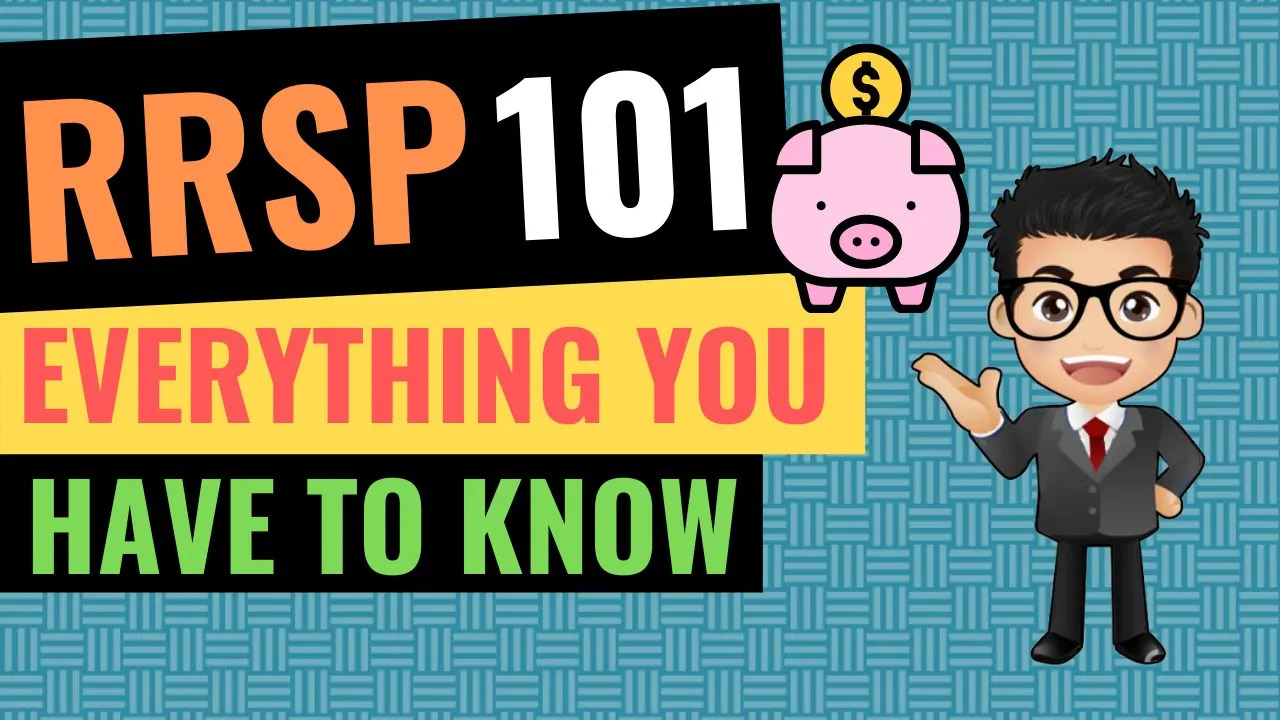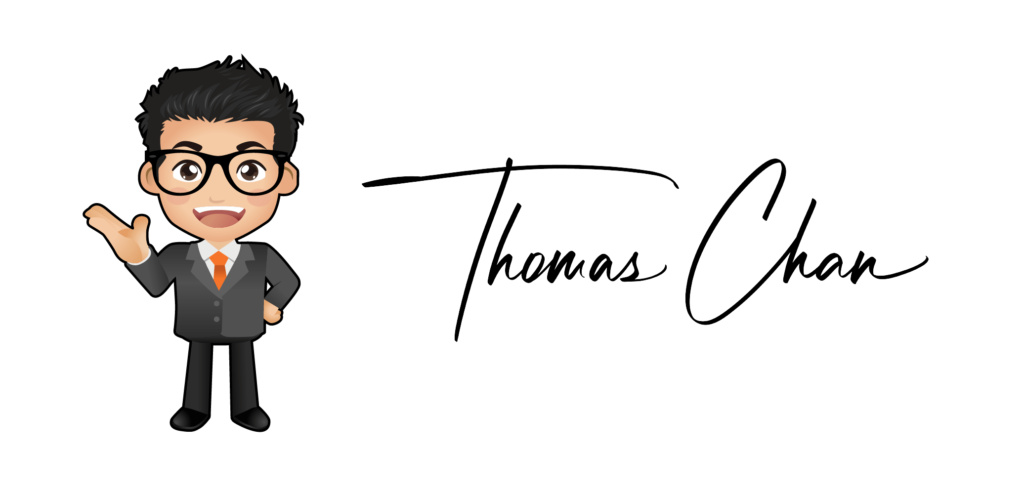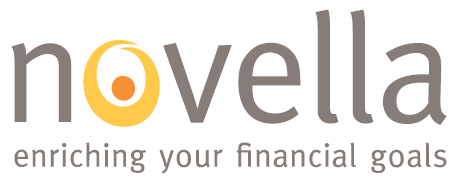Retirement Planning Vancouver | Tips to Save on Taxes
Did you know the single biggest expense a family will ever have is taxes?. This has been going on since the 1960s. The average Canadian household will pay 45% in tax on every dollar earned. Even worse news is inflation is at an all time high. The government takes so much money from us on every hour we work and with every dollar we spend on items we need to live not to mention the extras we want.

We are taxed coming and going. For example, if you look at gasoline purchases alone you will see instantly how much is being taken from us and all in the name of tax. There is a carbon tax, federal tax, provincial tax and then GST tax on top. We pay tax on tax and more tax on taxes. The horrifying thing is that although we are taxed so heavily, Canada is still in a huge deficit.
The worst thing is that Canada is still printing money like its going out of style. This is why it is important to find ways to reduce the tax you pay and use it in healthy wealth building strategies. Every year Canadians get very excited about their tax returns and rightfully so because its extra money coming their way. They have plans of what they will do with that extra cash.
Tax Returns are welcomed
The average amount on a tax return per person is $1800 as of 2020. As good as this may seem it is important to understand what is actually happening. The government has essentially been borrowing this money from each hard-working Canadian. However, instead of loaning the CRA our money we should instead consider investing in other funds to have it work for us and grow and become our savings.
Instead of waiting for tax time to get a lump sum of money it would be much wiser to review the withholding tax from your payroll. Your employer makes an assessment based on your criteria about how much to withhold but did you know you can adjust this amount to be less based on your own understanding and fiscal responsibilities. Ask your employer to adjust the withholding tax using a TD1 form. The money not being paid to taxes can be used as extra money to speed up your savings. If you invest this $1800 into a tax shelter plan you can see it grow exponentially over your working life.
Make money over time
For example, $1800 a year invested for 30 years at a conservative 5% interest rate of return can help your $54 000 grow to $325 000. If you make consistent yearly contributions to RRSP, medical or charitable donations you can ask the CRA for a waiver to reduce the withholding tax. One thing to keep in mind is that you may still owe some tax at the end of the year due to other sources of income like investment income or taxable benefits.
Another way to save on taxes is to turn bad debt into good. A bad debt is an interest charge that can not be used as a deduction on your tax return. Credit card debt interest is one such example of bad debt. You may be asking how do I take my bad debt and turn it into good? An example is if you owe $5000 of credit card debt but you also have $5000 invested where you are collecting interest and dividends, you can cash that investment out and pay off the credit card and then borrow $5000 from the bank to reinvest.
Investing with compound interest
You could also pay off the credit card debt with any investment you do have and borrow from the bank $5000 to reinvest. As long as this investment is an income producing one such that it yields interest and dividends you can use the interest charges to deduct tax.
Another way to turn bad debt into good is by way of the Smith Manoeuvre method. As you pay down your mortgage and your property equity increases you are allowed to borrow more. You can take this borrowed money to invest which is tax deductible. From this point you will take the investment return you earn plus the extra tax return you receive and pay down your mortgage using both. Keep repeating this process until the mortgage is paid off.
This takes some diligence and understanding. If you are confused at this point you can always sit down with Thomas. He is a trusted financial advisor that will help you understand and make the right choices so that you create wealth with less risk. This strategy has risk in tax and investment. It’s important you obtain a professional financial advisor’s advice.
Some ways to supplement your income
There are a few additional ways to reduce your income tax. You can deduct any consultation fees you incur. These are the fees you pay to have your taxes prepared and filed. If you paid for investment or financial advice you can deduct these fees from your income earned. If you can, take advantage of deferred reporting. This means any investment you have; you will schedule it to mature in January, so you have a whole year before having to pay taxes on it.
If you have a charitable cause you want to give to it can be great for two reasons. You can get tax credit for it, and you can help a great organization. An example for this in Alberta is if you donate $700 you can get a total of $300 in tax credits based on federal and provincial tax credits. An RRSP is another way to reduce your income tax. Be sure you name your spouse as a beneficiary as it will be an advantage to roll over the RRSP to the surviving spouse such that you pass away.
Contact Us Today!
Please call Thomas C. Chan to discuss your options further. He would love to sit down with you and help you not only save on taxes but plan your future so that you can retire with abundance and vibrancy. You can reach Thomas by phone at 640-877-4211 or by website at thomascchan.com, as well follow his YouTube Channel.

